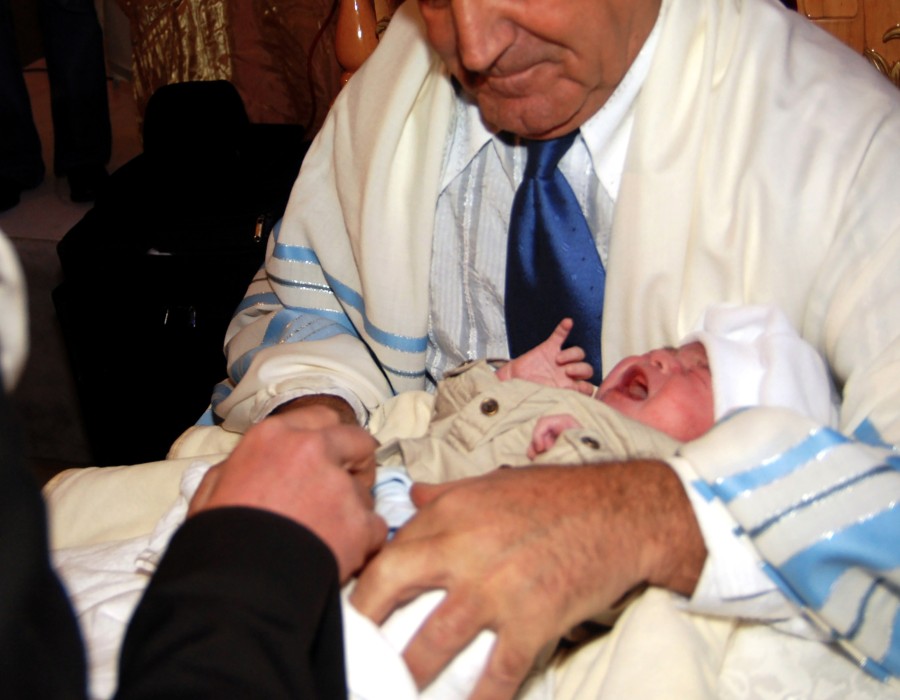Male circumcision in Dubai, a practice with deep cultural and religious roots, is increasingly guided by contemporary public health recommendations. Balancing traditional values with modern medical standards is crucial for ensuring both safety and efficacy.
Adherence to Medical Standards
Health authorities in Dubai recommend that male circumcision be performed in accredited medical facilities to ensure adherence to the highest standards of hygiene and surgical technique. Utilizing state-of-the-art equipment and skilled professionals minimizes the risk of complications and enhances patient outcomes.
Informed Consent and Counseling
Public health guidelines emphasize the importance of informed consent. Parents should receive comprehensive counseling about the procedure, including potential risks and benefits. Providing clear, unbiased information helps families make well-informed decisions aligned with both their cultural beliefs and medical knowledge.
Age and Timing Considerations
The timing of circumcision is a key consideration. While traditional practices may advocate for circumcision shortly after birth, modern recommendations suggest evaluating the optimal timing based on medical and personal factors. Neonatal circumcision is generally safe, but for older children and adults, careful assessment and preparation are required to ensure a smooth recovery.
Pain Management and Post-Operative Care
Effective pain management and post-operative care are critical components of circumcision. Recommendations include the use of local anesthesia to minimize discomfort and the implementation of a comprehensive post-operative care plan. Families should be educated on proper wound care, signs of infection, and when to seek medical attention.
Integration of Cultural Sensitivity
Public health recommendations in Dubai incorporate cultural sensitivity into circumcision practices. Healthcare providers are encouraged to respect and accommodate cultural and religious customs while adhering to medical protocols. This includes incorporating traditional practices into the surgical environment where appropriate, without compromising medical standards.
Monitoring and Follow-Up
Regular monitoring and follow-up are essential to ensure the procedure’s success and address any complications promptly. Health authorities recommend scheduling follow-up visits to monitor healing and manage any post-operative issues. This ongoing care helps in maintaining high standards of health and safety.
Conclusion
In Dubai, public health recommendations for male circumcision strive to integrate cultural traditions with modern medical practices. By adhering to established medical standards, ensuring informed consent, and providing effective pain management and follow-up care, the emirate aims to offer a safe and culturally respectful circumcision experience. As healthcare continues to evolve, these recommendations will help balance tradition with the highest standards of public health, ensuring that both cultural and medical needs are met.





Comments